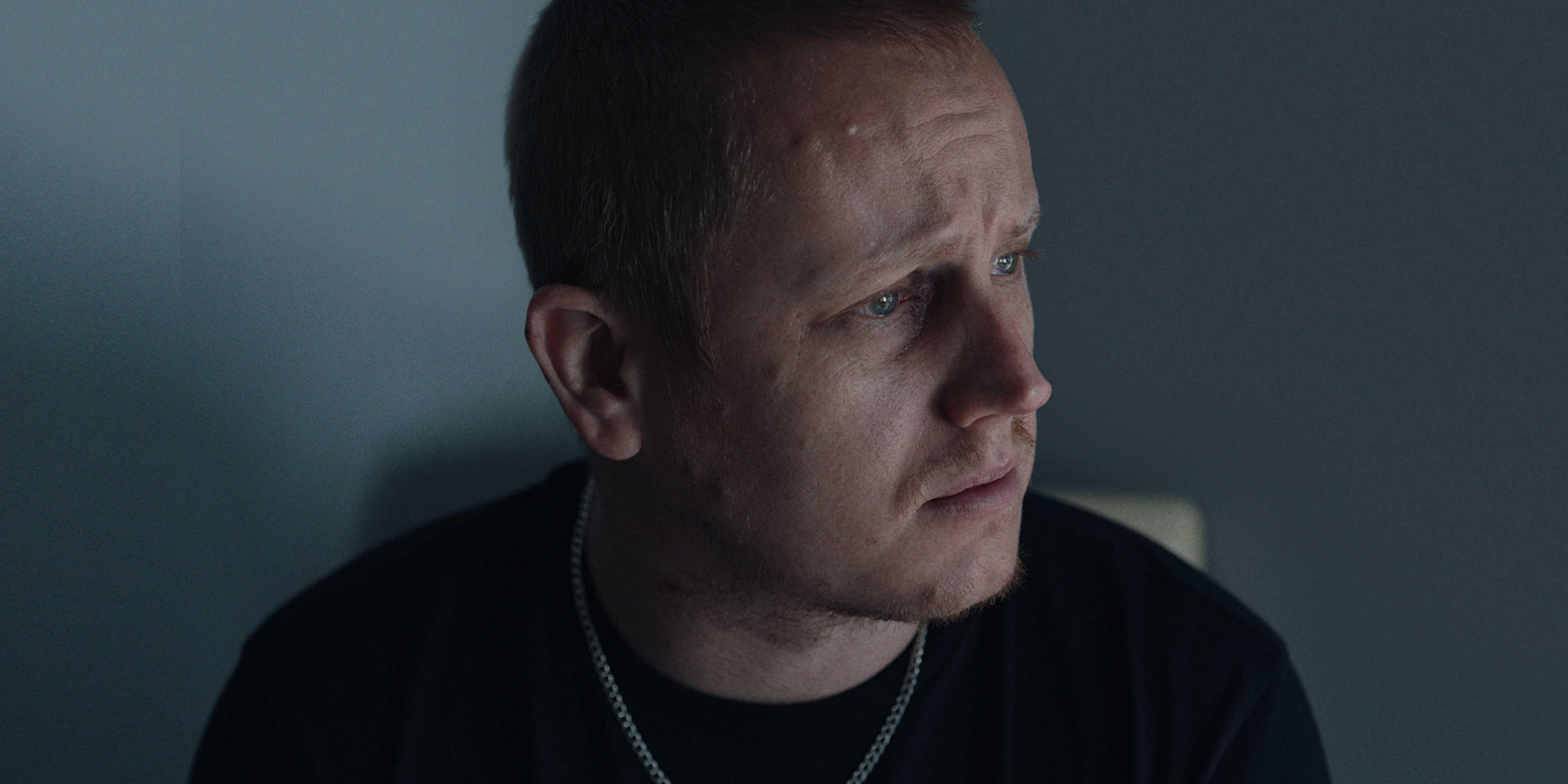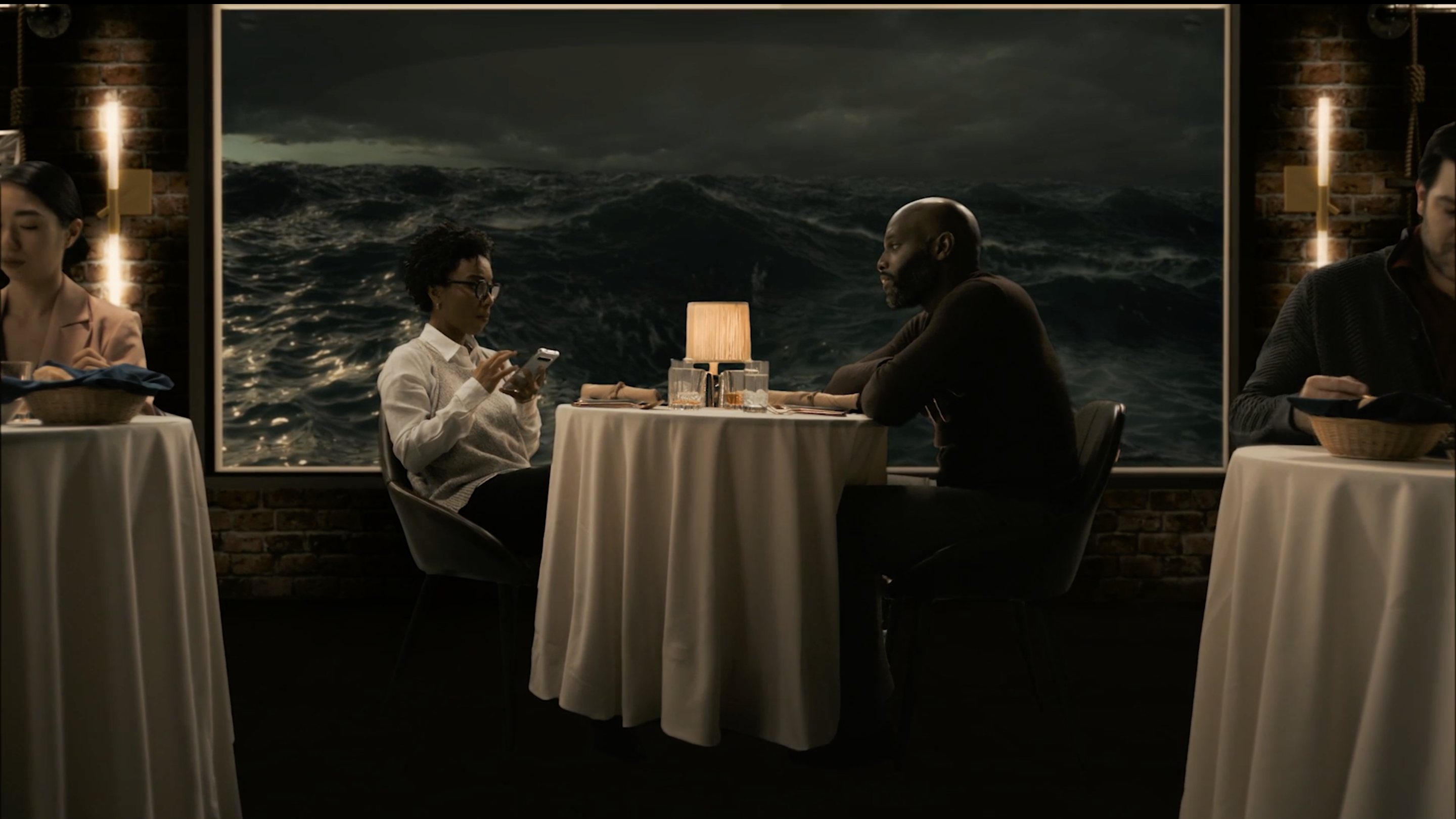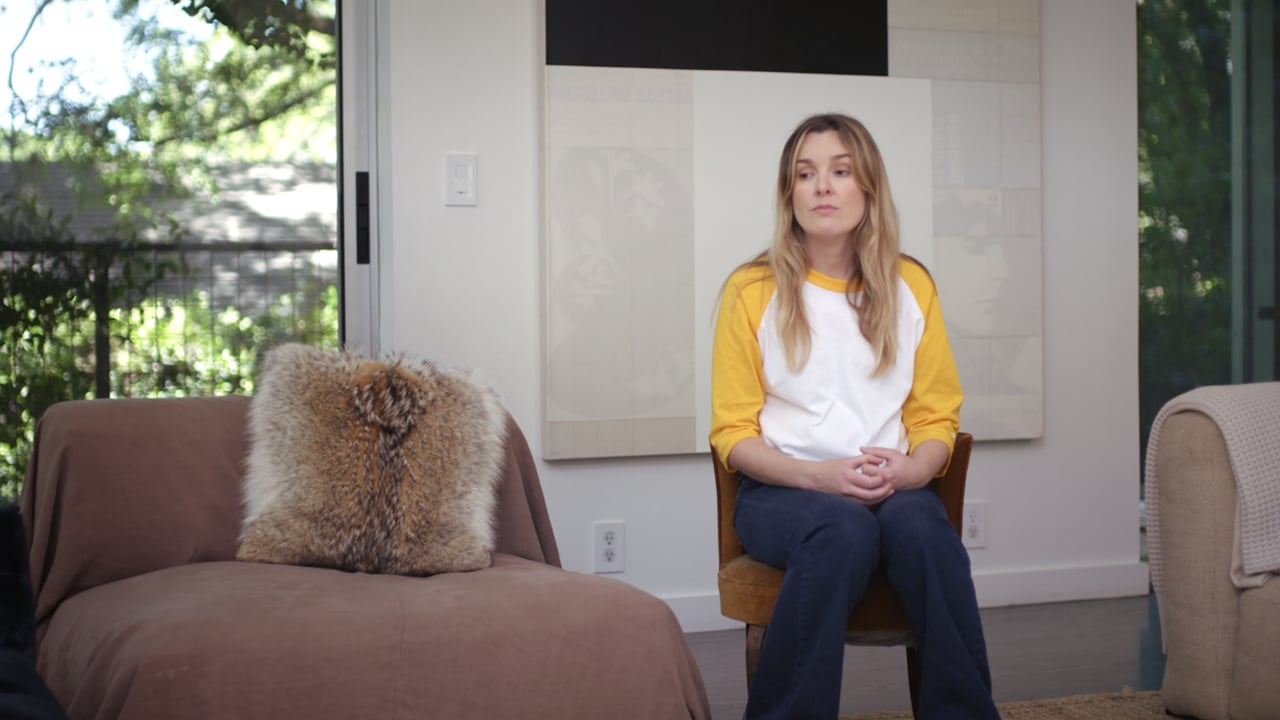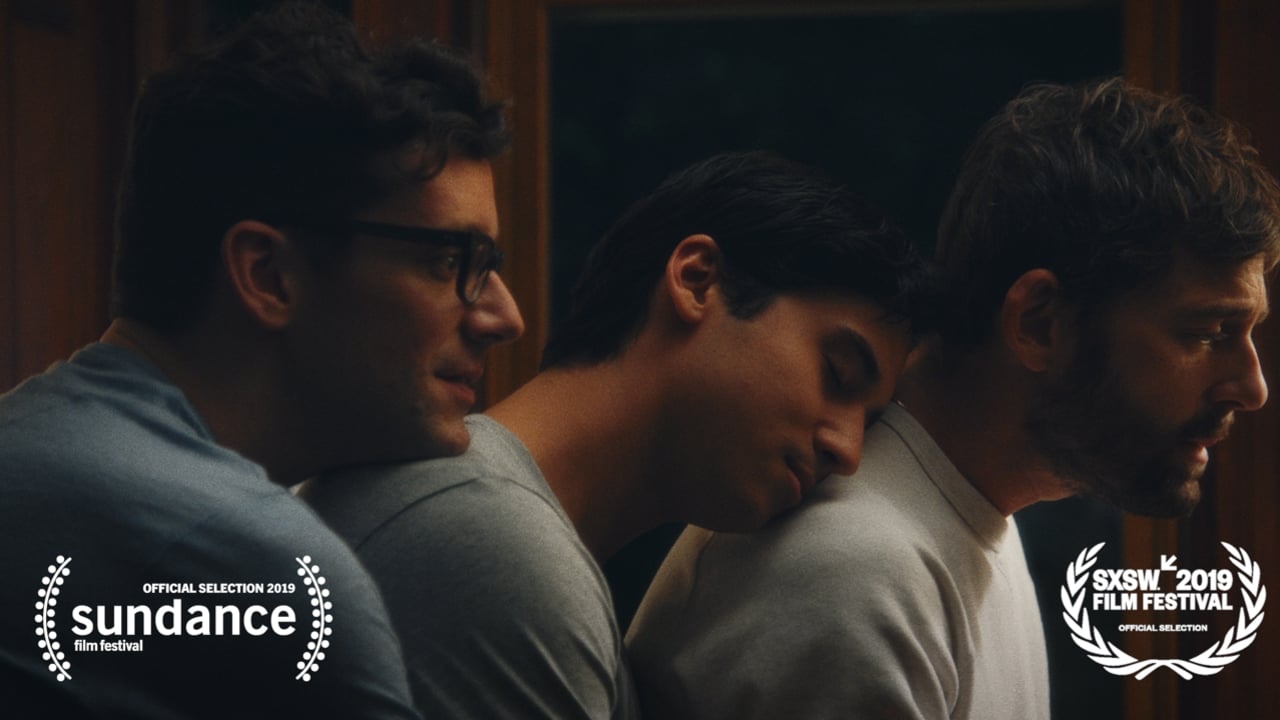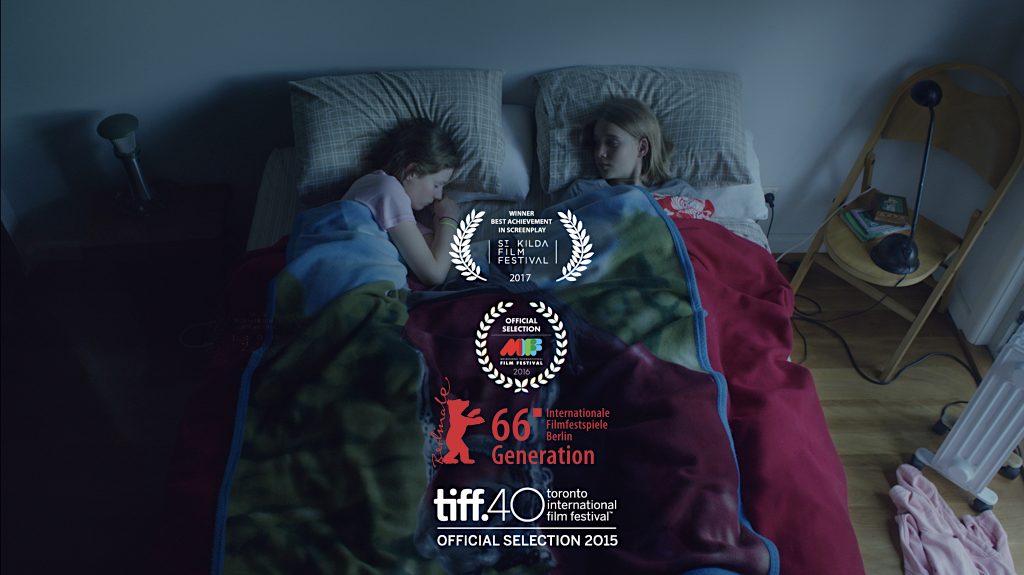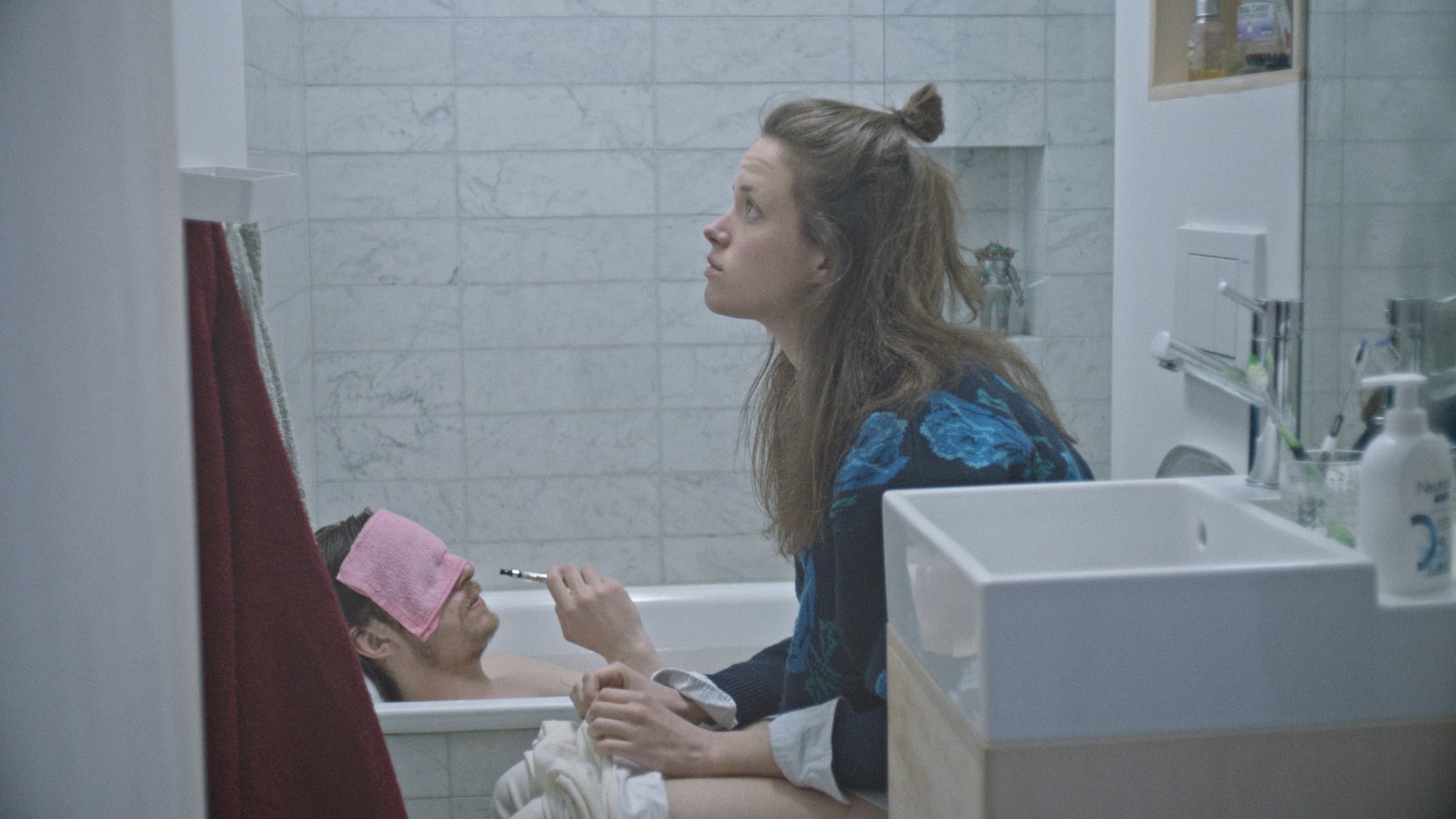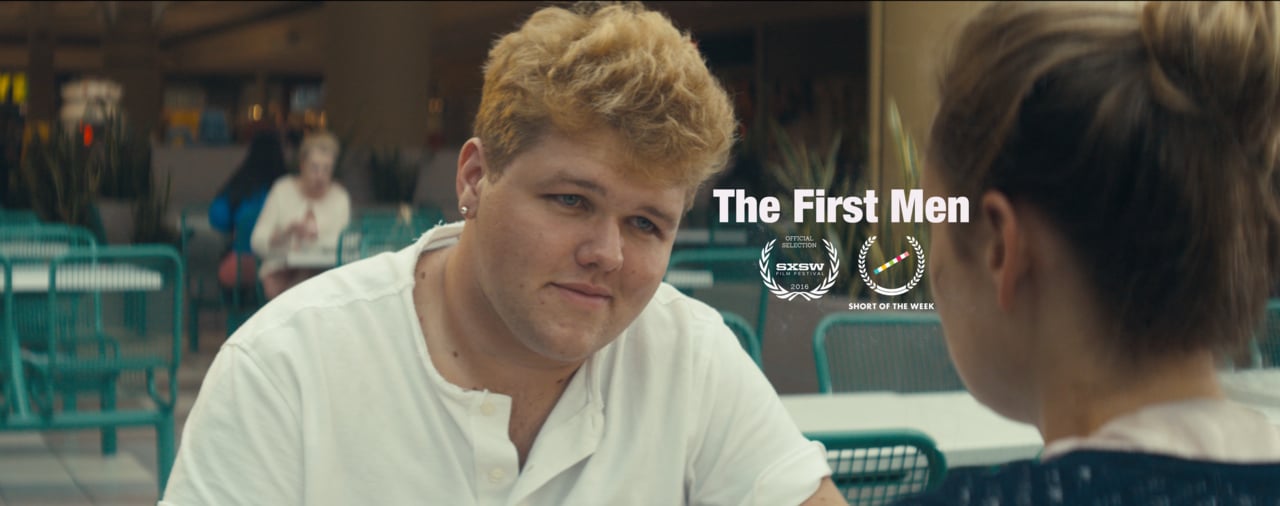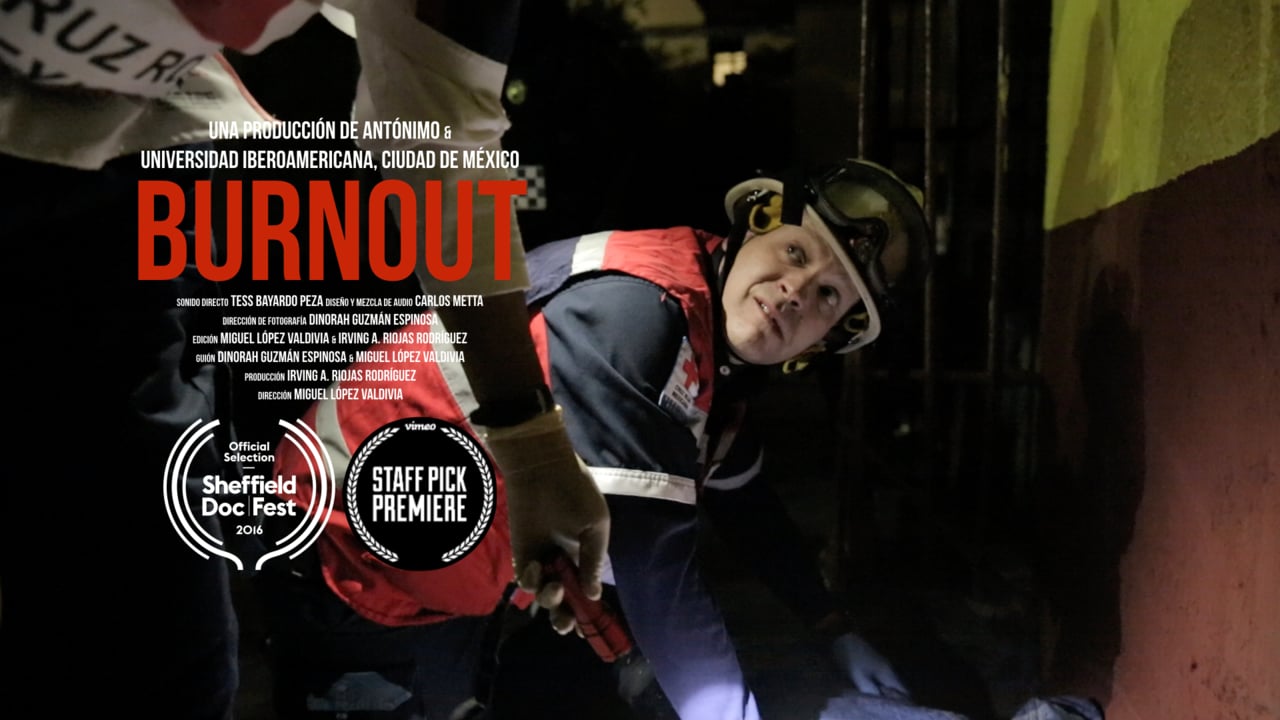There’s a great party game called “Mafia.” Some call it “Werewolf.” Have you played it?
Actor, writer, and director Michael Stahl-David has, and he cites the game’s unique ability to “bring out interesting and sometimes nasty sides of people” as the inspiration for this week’s Staff Pick Premiere, “We Win.” The film, which premiered at the 2018 SXSW festival, follows a couple hosting a dinner party. When the evening’s activities turn from casual conversation to a game of “Mafia,” they’re pitted against one another, and their once happy and supportive relationship begins to unravel.
The film’s tension reeled us in — and its ambiguous ending left us debating for hours. In honor of today’s premiere, we reached out to Michael Stahl-David to learn more. Here’s what he had to say.
Where did the idea for “We Win” come from?
I’ve always found the game “Mafia,” which is basically a game of deception, to bring out interesting and sometimes nasty sides of people. There’s a director in New York who used to host huge parties where 20-30 people would play. One night, I was playing and I got “killed” early on, so I went onto the back deck to hang with other “unluckies.” When I came back an hour later, the game had gotten super intense. It was down to three people, and two of them were a couple. The woman was saying “Look at me, look at me — I’m not lying — don’t you trust me?” And the guy was saying, “Oh god, this isn’t fun anymore.“ He was super stressed out, unsure if he was being paranoid or if his girlfriend was lying to him. It was a tense moment where it was unclear whether the game was melding with a real-life dynamic, and it stayed with me.
Years later, I was acting in a play with co-writer Ana Noguieria, and I told her about the night and how I always wanted to write a short about “Mafia.” “You have to!” she said. That was the first of many conversations that got us to the final version of the script. We also talked a lot about the film “Force Majuere,” which we both loved. We liked the idea of a story where a seemingly innocuous moment leads to a massive internal change.
Did making this film teach you anything new anything new about competitiveness, grudges, or fights you’ve had in the past?
That’s a good question. I certainly relate to how hard it can be to be stuck in one’s career, while cheering on someone else’s success. Your happiness for them is authentic but it’s tinged with your own resentment. I’ve never seriously dated someone who was an actor or director, maybe in some part because I’ve always wanted to steer clear of those jealousies.
To us, Rachel picking up the birth control felt ambiguous. It could have been that she wasn’t ready to get pregnant, or maybe she decided that being pregnant would jeopardize her ability to bring home the “wins” for their relationship — a feeling she clearly enjoys. Was there a takeaway that you wanted the audience to feel?
We definitely wanted the ending to be ambiguous, and to serve as a jumping off point for discussion. An early draft of the film which was totally different; it dealt with the agreements that couples make when they decide to have children, and whether those agreements hold water. Maybe she’s just buying time to think, maybe she’s not even going to take it, maybe she doesn’t even understand why she’s reaching for it, and considering making this huge choice without talking to him. The overall journey we wanted to paint was from confidence in her choice to complete uncertainty.
The performances in the film feel very authentic. Who did you choose to work with and how did you approach working with your actors? Did you write characters with specific people in mind?
When we were first writing the script we had the actress Brooke Bloom in mind for Rachel. As we got close to production, we learned that Brooke was pregnant, so we thought Ana should do it. I knew she had the ability to be herself on camera, which was what I wanted, and she knew the material so well, which gave an interesting depth. Will Harper who played Ben, and Keilly McQual who played Margot, the crazy friend, I both loved from a play called “You Got Older.” The rest of the roles were friends and friends of friends. I wanted the vibe on set to feel familiar — like there was almost some real context for these people to be together. We also had a bunch of cast and crew gather and play a real game of mafia a few nights before filming, just to have that real-life model fresh in their minds.
Do you have any plans to work with similar characters on a bigger project?
Not yet, but I would definitely like to write something else with Ana Nogueria.
We hope to see that!
Check out more Vimeo Staff Pick Premieres

